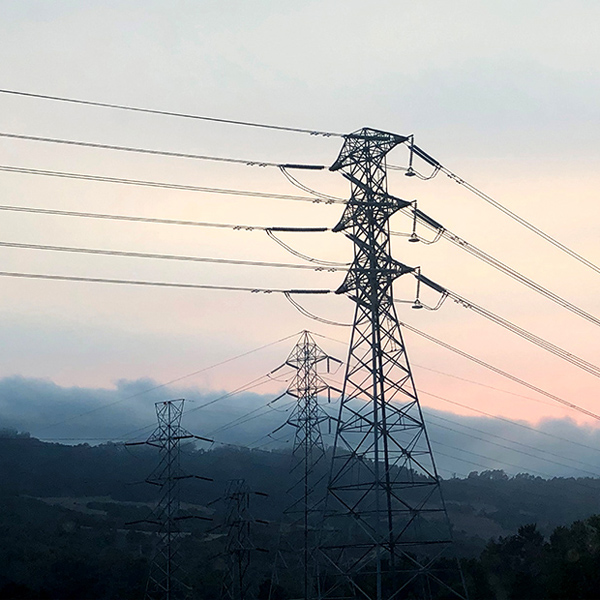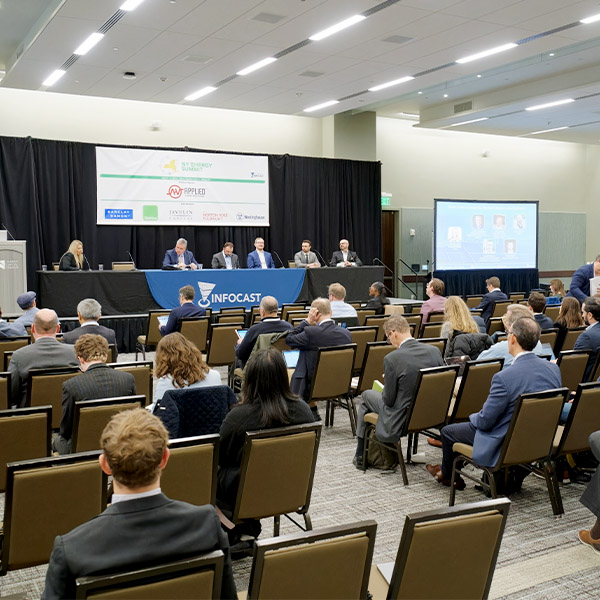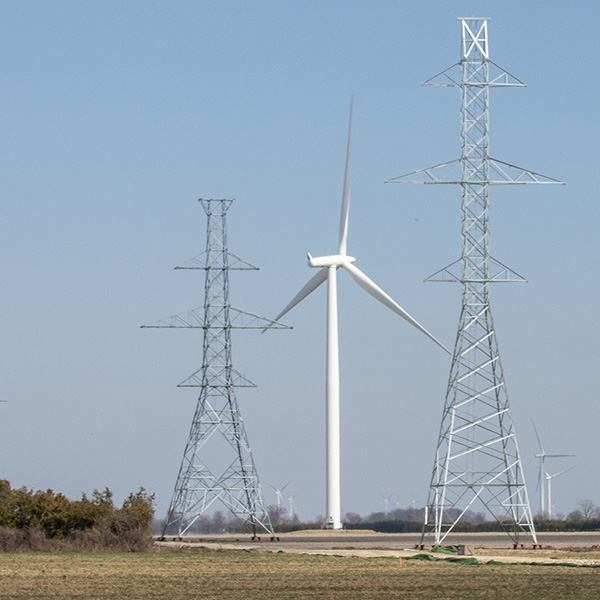State and Local Policy
AlabamaArizonaCaliforniaCA LegislationCalifornia Air Resources Board (CARB)California Energy Commission (CEC)California Public Utilities Commission (CPUC)ColoradoConnecticutDelawareDistrict of ColumbiaFloridaGeorgiaHawaiiIdahoIllinoisIndianaKentuckyLouisianaMaineMarylandMassachusettsMichiganMinnesotaMississippiMissouriMontanaNevadaNew HampshireNew JerseyNew MexicoNew YorkNYSERDAPublic Service CommissionNorth CarolinaNorth DakotaOhioOregonPennsylvaniaRhode IslandSouth CarolinaTennesseeTexasUtahVermontVirginiaWashingtonWest VirginiaWisconsinWyoming
New Jersey is investing up to $13 million in a pilot project to put six hydrogen fueled trucks to work in the Port of New York and New Jersey.
Business groups and environmental advocates expressed divergent views on a proposal by the Massachusetts Department of Public Utilities that would require new gas customers to cover the entire cost of connecting to the system.
The CEC on approved revised guidelines for a reliability program after the state’s utility regulator said the effort could undermine certain benefits of a separate reliability program run by Pacific Gas and Electric.
Updates on energy development efforts off the New York coastline did not gloss over President Donald Trump’s war on wind turbines but did not focus on it, either.
Recent developments made speakers at the annual New York Energy Summit optimistic that the state's permitting process will be getting faster.
State officials speaking at the New York Energy Summit acknowledged the uncertainty facing everyone in the room but said it has not changed the state's clean-energy vision.
President Donald Trump signed a series of executive orders that seek to keep existing coal-fired power plants running, ease regulations and permitting for coal mining, and remove “unlawful and burdensome” state laws that impede the industry.
New Jersey lawmakers pushed back on the state’s all-electricity, clean-energy strategy at a heated committee hearing, urging an all-the-above approach as PJM faced criticism for failing to foresee a dramatic hike in demand.
The report, a requirement of California Senate Bill 605, evaluated two forms of ocean energy: wave and tidal energy.
New York issued the first iteration of a plan to move the state toward greater use of flexible resources to meet future power needs while preserving reliability and affordability.
Want more? Advanced Search










